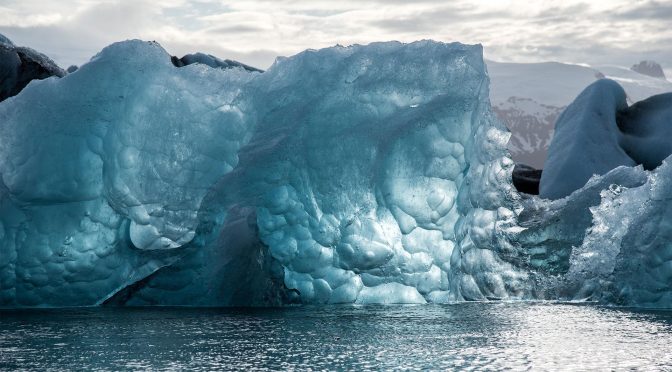The prospect of all the ice at the Earth’s poles melting is a scenario fraught with devastating consequences for the planet. Such an event, though currently hypothetical, would fundamentally reshape the Earth’s geography, ecosystems, and climate. Let’s explore the key impacts this would entail.
Rising Sea Levels
The most immediate and visible consequence of polar ice melting would be a dramatic rise in global sea levels. The Antarctic and Greenland ice sheets alone hold enough frozen water to raise sea levels by approximately 70 meters (230 feet). Coastal cities such as New York, Tokyo, and Amsterdam would be submerged, displacing hundreds of millions of people and causing incalculable damage to infrastructure and economies worldwide.
Loss of Habitat
The polar regions are home to unique ecosystems and species adapted to icy environments. Polar bears, penguins, seals, and numerous other species would face extinction as their habitats vanish. The loss of ice also affects organisms living beneath it, disrupting food chains and biodiversity in the Arctic and Antarctic.
Accelerated Global Warming
Ice plays a critical role in regulating Earth’s temperature by reflecting sunlight back into space (a phenomenon known as the albedo effect). With the ice gone, darker ocean waters and land masses would absorb more heat, accelerating global warming. This feedback loop would exacerbate climate change, leading to more extreme weather events and rising temperatures.
Ocean Circulation Disruption
Melting polar ice would introduce vast amounts of freshwater into the oceans, disrupting critical currents such as the Gulf Stream. These currents are essential for regulating global climate patterns. Their disruption could lead to harsher winters in Europe, intensified tropical storms, and altered monsoon cycles, severely affecting agriculture and water resources.
Economic and Social Consequences
The economic implications of polar ice melt are staggering. Coastal property damage, loss of arable land, and resource scarcity would strain global economies. Socially, mass migrations of climate refugees from submerged regions would pose significant challenges to governments, potentially leading to conflicts over resources and territory.
Geopolitical Implications
As the ice melts, previously inaccessible resources such as oil, gas, and minerals beneath the Arctic Ocean would become available. This could spark geopolitical tensions as nations compete for control over these resources, further complicating international relations in an already volatile global climate.
Conclusion
The melting of all polar ice would be a cataclysmic event with far-reaching consequences for the planet. While this scenario remains unlikely in the near term, the ongoing effects of climate change serve as a stark reminder of the need for urgent global action to reduce greenhouse gas emissions and protect these critical regions. The stakes are too high to ignore.
By understanding the potential outcomes of polar ice melt, humanity can better appreciate the importance of preserving these fragile ecosystems and take proactive steps to mitigate climate change before it’s too late.
